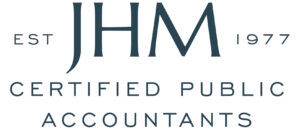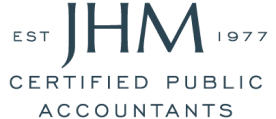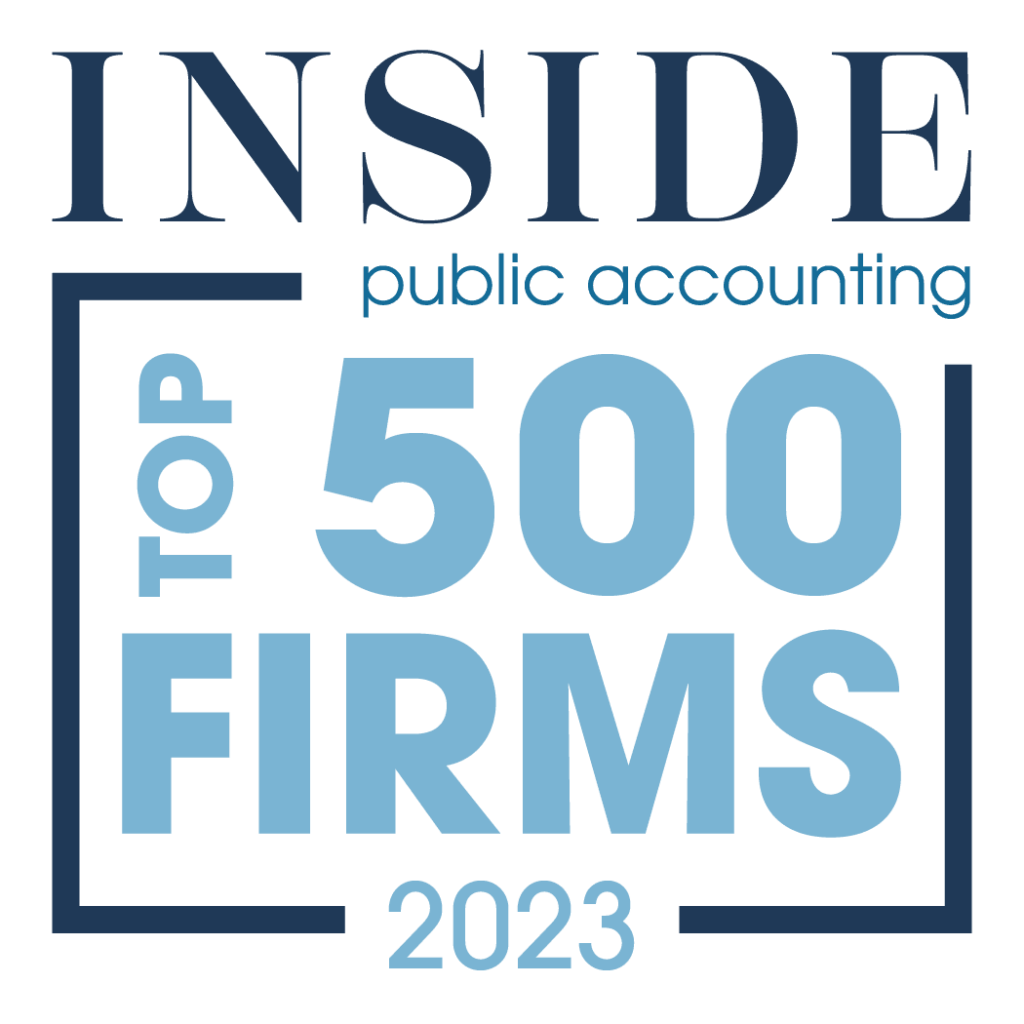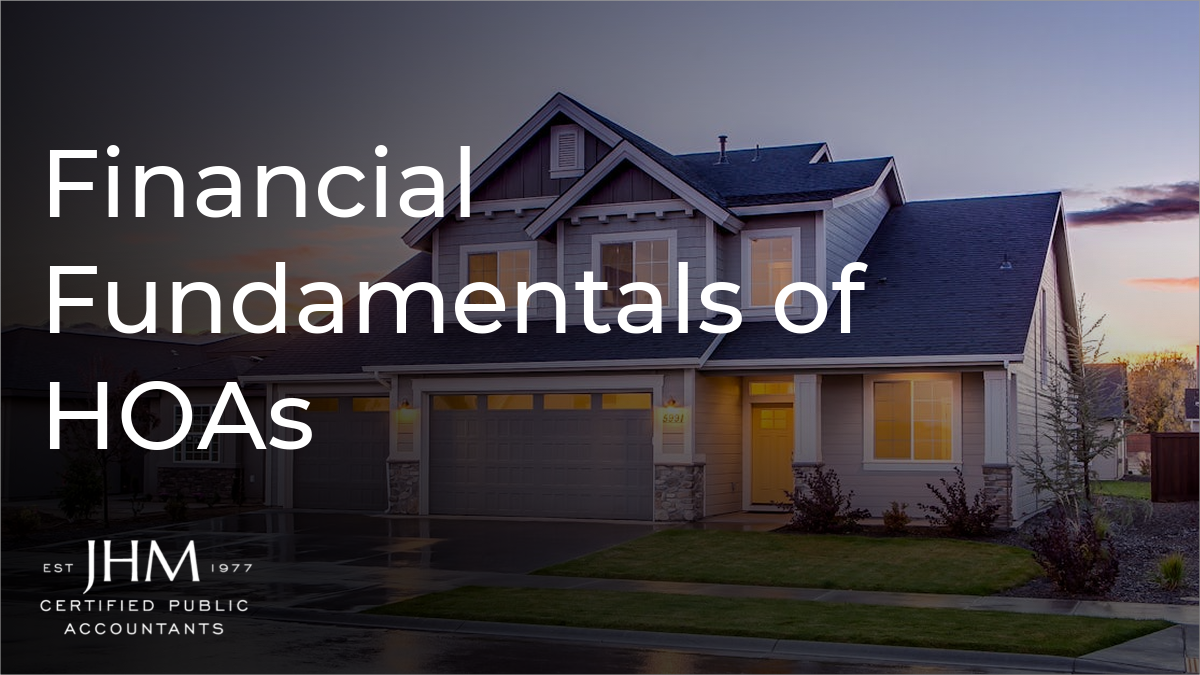
Homeowners’ Associations (HOAs) are everywhere. Whether you’re buying into a suburban community, a high-rise condo, or even a gated townhome complex, there’s a good chance you’re stepping into an HOA-governed environment.
Most people are familiar with HOAs in the context of property aesthetics—no neon paint colors, no overgrown lawns, and no cars on cinder blocks in the front yard. But behind the architectural guidelines and landscaping standards lie complex financial systems that affect not only homeowners’ wallets but also property values, community stability, and even legal liability.
This article breaks down the financial fundamentals of HOAs and what homeowners and board members need to understand to make sound financial decisions.
HOA Basics
Developers embraced the HOA model because it gave them control over community standards, allowed for the privatization of services typically handled by local governments, and helped maintain long-term property values.
They are legal entities often established during development and later turned over to homeowner-elected boards. They function as mini-governments, with the authority to levy dues, enforce rules, and manage shared assets.
Many homeowners appreciate the order and consistency that HOAs provide. But with that structure comes a web of financial responsibilities that demand transparency, oversight, and professional guidance.
Dues, assessments, and budgeting
HOAs require homeowners to pay dues to fund the operation and maintenance of the community. When purchasing a home within an HOA, buyers should receive documentation outlining what dues are expected and what those dues cover. Common expenses include landscaping, insurance, security, and upkeep of shared amenities. However, the specifics can vary widely, and a lack of transparency around dues is often the root of conflict between boards and members.
For HOA boards, clear and defensible budgeting is more than a best practice—it’s a fiduciary duty. Transparent financial planning not only builds trust with homeowners but also protects board members from legal exposure. In many jurisdictions, HOAs are governed under nonprofit or corporate law, meaning the board’s budgeting responsibilities mirror those of formal business entities. Failure to plan adequately can result in budget shortfalls, forcing the board to levy special assessments—unexpected, one-time charges that can run into the thousands of dollars per household. These assessments often trigger disputes, damage goodwill, and, in some cases, result in litigation.
CPAs familiar with HOA operations can help structure budgets that align with state regulations, governing documents, and community priorities. They can also develop financial models that anticipate capital expenditures and funding gaps, helping boards avoid reactive decision-making. Importantly, they ensure that financial reporting is not only legally compliant but also professional, because even when annual reports or audits aren’t strictly required, homeowners still expect clarity and accountability from their board.
Reserve funds
Beyond annual budgets, HOAs must plan for long-term expenses, such as roof replacements, asphalt resurfacing, or major structural updates. These are not line-item costs that appear every year, but they are inevitable.
A reserve fund functions like a capital savings account for the HOA, built up over time through regular contributions from dues. Without adequate reserves, HOAs are often forced to impose sudden special assessments when large expenses arise. Currently, at least twelve states legally require HOAs to have reserve funds, and may even require a segregated account to hold those funds.
That said, a properly funded reserve shouldn’t be treated as guesswork. It’s generally based on a reserve study, often conducted by qualified professionals who assess the community’s physical assets and estimate their remaining useful life and replacement costs. However, interpreting and translating a reserve study into a viable funding plan requires financial expertise. CPAs can help boards integrate these projections into annual budgets, evaluate reserve sufficiency, and ensure that reserve funds are properly segregated and invested. In many states, HOAs are required to disclose reserve adequacy to prospective buyers, making long-term financial planning both a legal and practical priority.
Financial reporting and audits
HOAs manage thousands—sometimes millions—of dollars in dues, reserves, and contracts. As with any entity that collects and spends money on behalf of others, accountability and oversight are critical. Homeowners are entitled to understand how their money is being managed. For board members, this isn’t just good governance—it’s a legal obligation.
Many states mandate some level of annual financial disclosure for HOAs, particularly for larger associations. But even when not required, these practices offer substantial value. Regular financial reporting helps prevent fraud, correct accounting errors, and assure homeowners that funds are being spent appropriately. It also provides a paper trail that can protect the board if disputes arise.
Depending on the size and complexity of the HOA, a CPA might conduct a formal audit, offer a limited review, or provide ongoing support to maintain clean books. CPAs can also evaluate the HOA’s internal controls, ensuring that duties are appropriately separated, bank accounts are reconciled, and large expenditures are properly authorized.
Tax filing and compliance
While HOAs are typically structured as nonprofit corporations under state law, they are not tax-exempt under federal law in the same way charities are. Instead, they must file either Form 1120-H, designed specifically for HOAs, or Form 1120, the standard corporate income tax return.
The key distinction lies in how much of the HOA’s income qualifies as “exempt-function income”—typically dues and assessments. If the HOA qualifies under IRS rules, Form 1120-H allows it to avoid taxation on most of this income, but it also has a flat tax rate on net non-exempt income. In contrast, Form 1120 may be more advantageous in some situations, particularly if the HOA has “non-exempt-function” income, such as through renting out community facilities or placing cell towers on its property.
CPAs experienced in HOA tax matters can evaluate which filing option is most beneficial and ensure compliance with all federal and state requirements. Moreover, CPAs can help HOAs monitor their activities to ensure they don’t unintentionally jeopardize their tax treatment by engaging in excessive non-exempt activities or failing to track income appropriately.
Financial governance and fraud risk
HOAs function as fiduciary bodies, and board members have legal obligations to act in the best interest of the community. But unlike corporate boards, HOA boards are often comprised of volunteers—homeowners who may have limited financial or legal experience. That can create vulnerabilities in financial governance, ethics, and risk management.
Common governance failures include inadequate internal controls, unauthorized spending, failure to enforce assessment collections, and poor recordkeeping. These lapses can lead to financial losses and expose board members to personal liability.
CPAs can help design and maintain internal controls, ensuring that no individual has too much financial authority and that checks and balances are in place. In more serious cases, forensic accounting may be necessary to investigate allegations of fraud or mismanagement. CPAs can also advise boards on best practices for financial transparency, including regular reporting to members, clear documentation of decisions, and adherence to governing documents and state laws.
For homeowners, financial governance is a direct reflection of how well their investment is protected. For board members, it’s a responsibility that demands careful attention—and often, outside expertise.
Financial clarity is good governance
HOAs might start with fence heights and paint colors, but they operate like micro-governments with budgets, fiduciary duties, and financial risks. Every decision a board makes about dues, budgets, reserves, and reporting has real-world implications for homeowners’ finances, property values, and the stability of the community.
That’s why financial clarity isn’t just an administrative task; it’s the cornerstone of good governance. For experienced guidance, please contact one of our advisors today.
Get In Touch
Let’s Talk
Call us at (423) 756-0056 or fill out the form below and we’ll contact you to discuss your specific situation.
